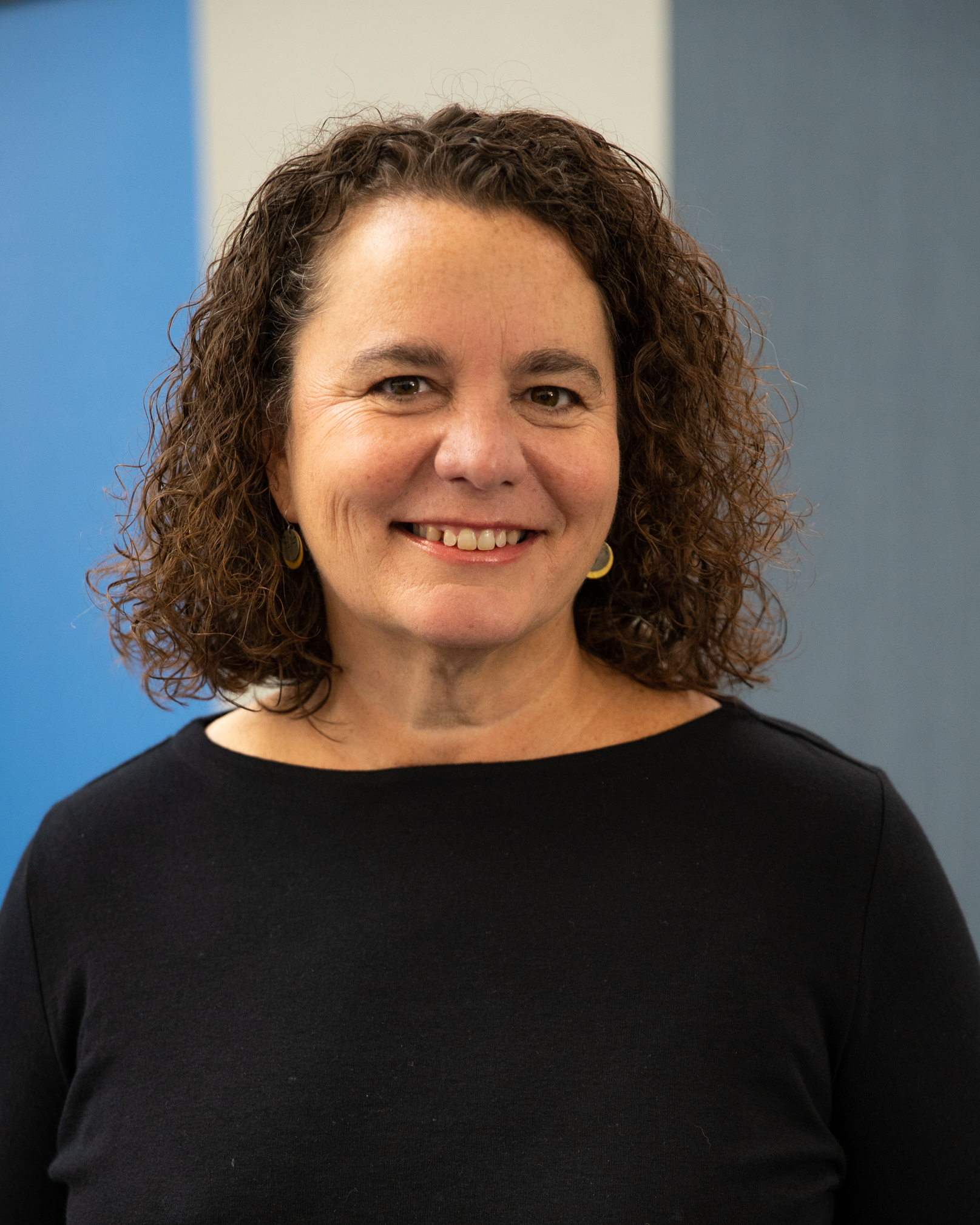 Kate Barrett is director and associate professor of occupational therapy at DePaul. (Image courtesy of the College of Science and Health)
Kate Barrett is director and associate professor of occupational therapy at DePaul. (Image courtesy of the College of Science and Health)
For 20 years, occupational therapist Kate Barrett has built a reputation as a quiet leader who advocates for culturally relevant and sustainable practices. This spring, the director of
DePaul’s Occupational Therapy program has been soaking in accolades and preparing to welcome the first cohort of OT students.
In April, accreditors officially approved DePaul’s plans to start the program this fall. The same month, Barrett was inducted by the American Occupational Therapy Association as a Fellow of Occupational Therapy for her work “building capacity for occupation in diverse communities.” The AOTA award lauded Barrett for advancing diversity and global perspectives in OT that have helped vulnerable populations worldwide. Barrett studies how OT works in different cultural and economic contexts. Her research has culminated in a recent book on these learnings: “International Occupational Therapy: Strategies for Working and Learning Abroad.”
“My focus is to support the growth of the occupational therapy profession without colonizing it,” Barrett says. “Instead of bringing the U.S. version of occupational therapy to other countries, I study and teach how to work alongside therapists in other countries to support their growth and development.”
Barrett brings this depth and her values to DePaul, and she has been working closely with the Steans Center to design a community-engaged curriculum. OT faculty will teach classes covering themes including community, justice and advocacy; critical skills for identity as an occupational therapist; and lifelong learning.
“Some courses will pair students with a community organization. This will bring the curriculum to life so students see how things happen in the real world,” Barrett says. These experiences will allow students to build skills that are hard to gain in the classroom, such as building rapport with people of different backgrounds.
“The most significant reason I came to DePaul was because of its strong community ties. I love the fact that DePaul thinks of Chicago as part of the classroom,” Barrett says.
Building capacity with respect for cultural diversity and strength
Barrett has a great depth of experience working in communities. When a catastrophic earthquake hit Haiti in 2010, an influx of medical professionals rushed in to help. As efforts waned and the humanitarians went home, Barrett worked with a team to develop the first baccalaureate program in occupational therapy in Haiti to meet the unique needs of the Haitian community. She and others prepared OT students to advance the profession in Haiti, and the next time a smaller earthquake happened, they were ready.
In Ecuador, Barrett has collaborated with occupational therapist Gabrielle Navarette. Together, they optimized a vegetable garden in a rehab facility for clients living with neurological impairments. The clients build fine motor skills and independent living skills while planting and selling the vegetables to pay for group outings in the community.
The AOTA calls their work a model for practitioners and students throughout the world—an approach that shifts the profession toward sustainability.
Back at DePaul, Barrett is excited to welcome the first class of about 30 DePaul OT students into the program. They will learn to treat children and adults with various developmental physical, cognitive and psychological conditions. Faculty will prepare them to work in a variety of settings, including schools, hospitals, clinics and private practice. And, Barrett hopes, they will have a chance to study abroad. She is working on an international exchange and Global Learning Experience with the Dominican Republic.
“It will be an inter-professional global experience,” she says. “The DR is where I got my international start, and I’m looking forward to sharing that with DePaul OT students.”
Learn more about the Occupational Therapy program online.
Kristin Claes Mathews is assistant director for news and integrated content in University Marketing and Communications at DePaul.